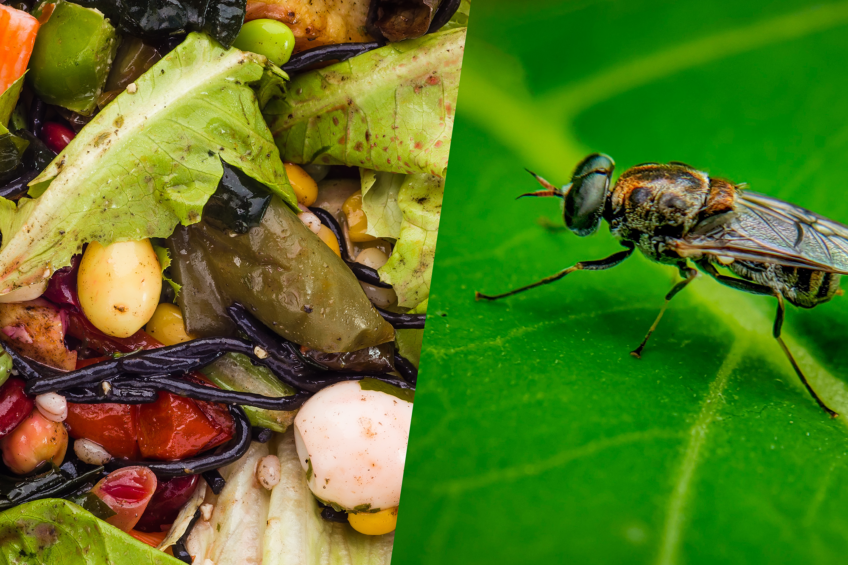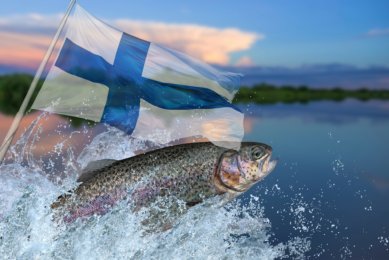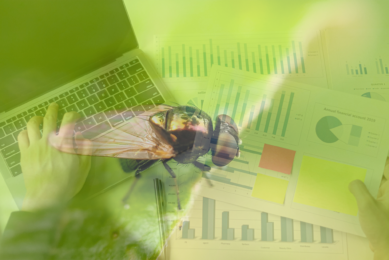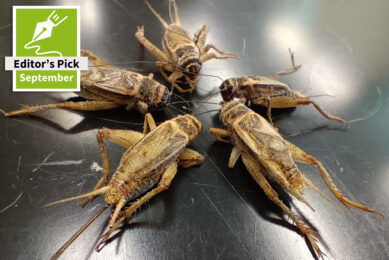Study shows BSF has high potential in recycling food waste

Black soldier fly (BSF) can effectively recycle almost 100% of food industry waste, from expired food to sludge from sewage treatment plants of chemical facilities, Sergei Butenko, general director of the Russian company Lvinka LLC, revealed.
During the St. Petersburg International Economic Forum, he underlined the strong economic potential of BSF production, as its use in the feed industry can be combined with the treatment of even some hard-to-recycle waste.
Lvinka LLC, one of the companies aiming to breed BSF for feed production, conducted a series of studies on the potential of using chemical waste in the production process.
We conducted a full chemical analysis of the products that were obtained after processing the sludge [from chemical facilities] and found out that despite the fact that the mineral component, of course, did not evaporate anywhere, and there are some excesses of the maximum permissible concentrations in the final products for heavy metals, their concentration is not so high so that it would not be possible to use these products in small proportions in animal feed without incurring any harm
Sergei Butenko, general director of the Russian company Lvinka LLC
During a comprehensive study, Lvinka LLC tested the safety of BSF products by feeding the larvae with expired food, some of which were contaminated with moulds. The results were reassuring, as the larvae effectively processed all waste, ensuring a safe end product.
Potential of entomoprotein
Sergey Butenko underscored the potential of the entomoprotein production industry in Russia, despite its current transition stage. In October 2023, the government recognised the significance of BSF by including it in the list of agricultural products, hinting at a promising future.
“At the same time, many issues still have yet to be resolved. For example, there are no state production standards, but the technology has undergone rapid development in the last year,” he added.
Lvinka LLC is working on expanding production performance. The company has already installed the first Russian production sites in the cities of Omsk, Sevastopol, and Petrozavodsk.
Reluctance remains for insect protein use
However, Russian feed manufacturers are still reluctant to use insect protein in production. This hesitation could be due to various factors, such as the novelty of the product, concerns about consumer acceptance, or the need for further research and development. Similarly, the authorities are also not rushing to encourage its massive use.
In early 2024, Russian Deputy Prime Minister Victoria Abramchenko said that the scope of insect meal use should be narrowed down to fish feed. Officials of the Russian Academy of Science assumed that as export prospects in the European direction faded in recent years, developing insect protein production no longer made economic sense for the country.











